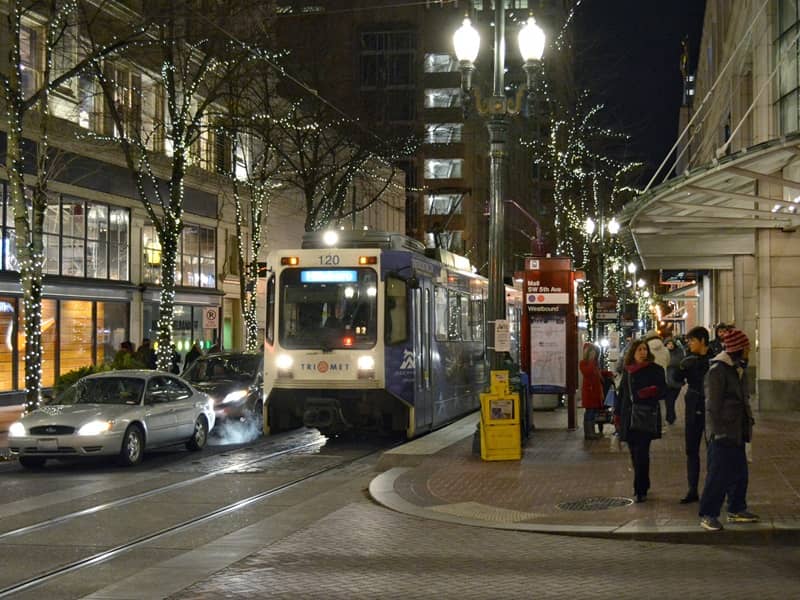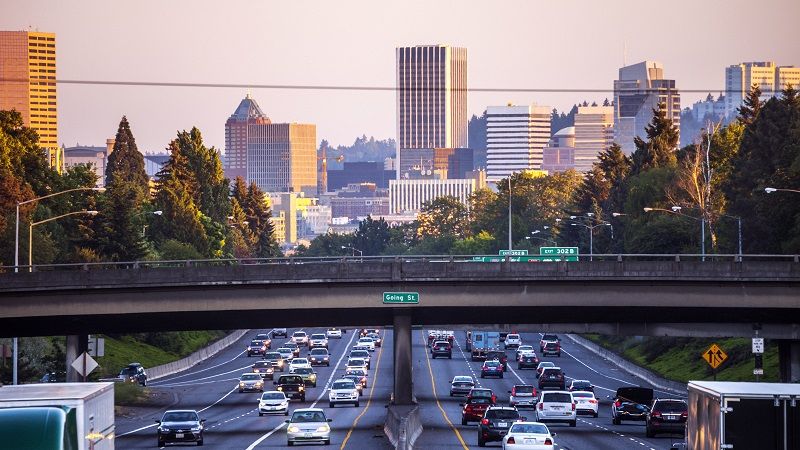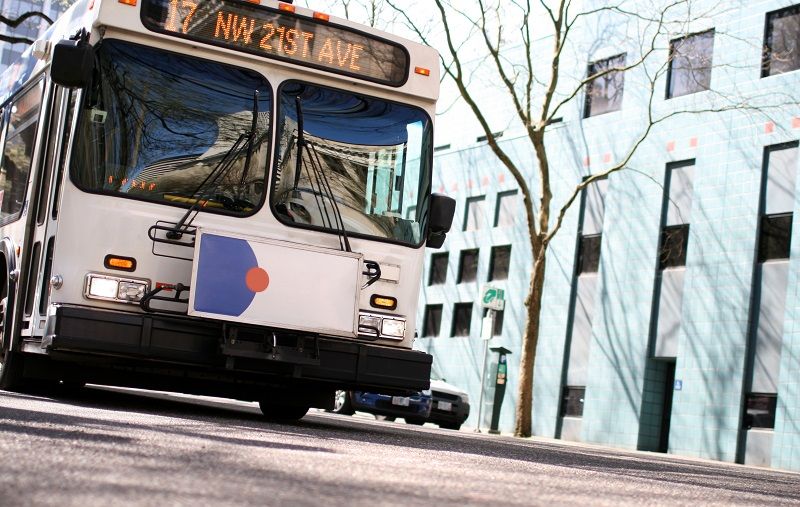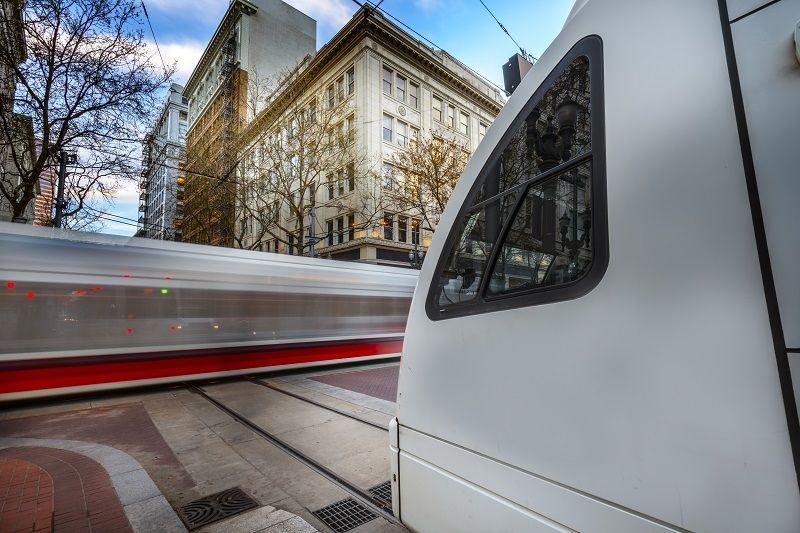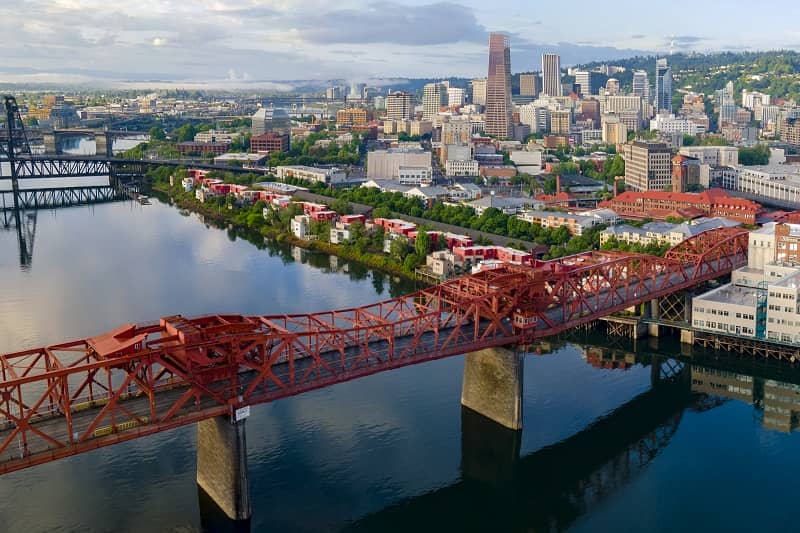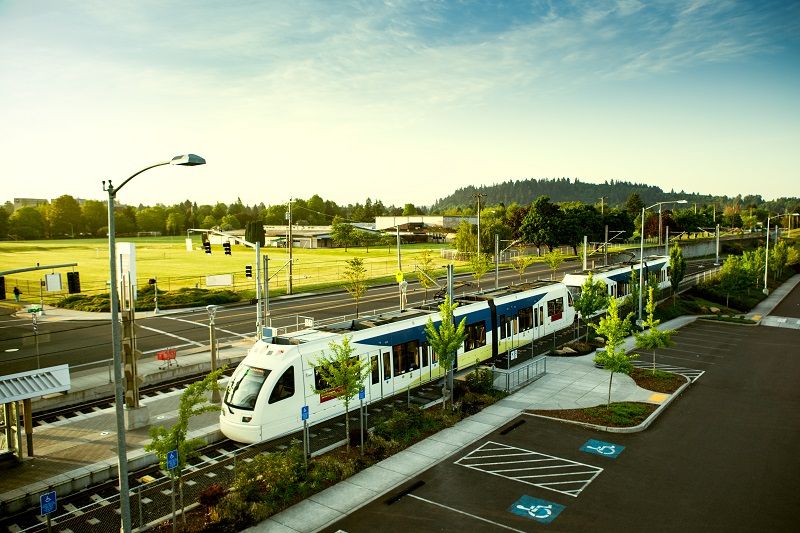February 14, 2011
Oregon Transportation Commission
Salem, OR 97301
RE: Feb. 16th meeting, Agenda Item F – Flexible Fund Allocations
Dear Commissioners,
I am writing to express my opposition to the plan to appropriate $13 million of scarce flex funds to the Milwaukie Light Rail project. The reasons for my opposition are as follows:
- The terms of this agreement explicitly force TriMet to cannibalize future bus capital appropriations at a time when the agency has one of the oldest bus fleets in the nation.
Last November, TriMet unsuccessfully sought $125 million in general obligation bond funding from the public in order to begin replacing buses. According to the agency, 161 TriMet buses (26% of the fleet) are 18 years or older, and TriMet’s average fleet age is 12 years, while the national average among the largest 100 transit agencies is 7.4. These older buses also impose maintenance costs that are more than double the costs for newer buses, further draining scarce general fund resources.
Yet under the current Flexible Fund proposal for Milwaukie light rail, “TriMet would receive approximately $13 million, and would agree to refrain from requesting Capital Bus Program funds for bus purchases for the next three biennia…” (Page 2 of Attachment A, Staff Report).
This is unacceptable. The majority of trips taken on TriMet are on buses; the continued under-investment in bus replacement harms the overall transit mission of TriMet. If the agency had a bus capital crisis last November that was unaddressed by the voters, then clearly that crisis is on-going. The Milwaukie project is a huge distraction from the core requirements of the agency.
- The recommended appropriation violates one of the basic qualifications ODOT requires for Round-One consideration: Project clearly, effectively plans for and/or addresses a critical system need or gap.
The Milwaukie light rail project adds nothing to the TriMet system. There is currently a local bus route servicing Milwaukie; if light rail is built, the bus line will be replaced with local rail service. There is no net gain. In fact, there will be a net loss for riders, because the possibility of future express service will be permanently foreclosed, and express service is what riders in this corridor really need.
We know this is the likely outcome because the Hillsboro Express Bus Route 57 was terminated the day the Westside MAX opened, which led to a longer commute trip for former bus riders since rail is local-only service. Some of those riders then switched to SOV commuting as a result.
The standing TriMet policy is to never offer express bus service that directly competes with rail, since rail performs very poorly in comparison. Thus, once the Milwaukie project opens, riders in that corridor will be stuck with an expensive, slow train for at least the next 30 years.
- The project violates the ODOT requirement that projects have expected results that “are achievable and quantifiable.”
TriMet cannot guarantee that it has adequate revenue to operate this expensive line after it opens. This is demonstrated by the fact that the Green Line is operating at a level of service 33% below forecast and has never met predicted service goals due to TriMet’s ongoing financial crisis. This is true despite the fact that TriMet was granted a payroll tax rate increase by the legislation in 2003 specifically for this purpose. In essence, TriMet is defrauding the federal government, which paid for a total of 75% of all capital costs and requires that the agency operate the train as predicted for at least 20 years.
TriMet’s annual operations budget has gone up by 49% since FY 2004, while service levels have gone down by more than 11%. The TriMet workforce has also been reduced by 9% in the past two years. TriMet has more than $1.2 billion in unfunded actuarial accrued liabilities related to post-employment obligations, a systemic problem that is worsening each year and shows no sign of abating. Any promise made by TriMet to the OTC about the future operations of Milwaukie light rail is likely to be broken due to these problems.
- A much cheaper alternative is available.
Express bus service could be implemented for $500,000 per mile or less, compared with light rail that will cost more than $200 million per mile. That option could be offered in addition to the current local service, thereby increasing transit choices for riders.
Oregon public officials have a fiduciary duty to spend public resources wisely. The TriMet board has repeatedly failed to do that, and the ODOT staff report makes the same mistake. I encourage you to reject any funding for this expensive and unnecessary project.
Sincerely,
John A. Charles, Jr.
President & CEO


